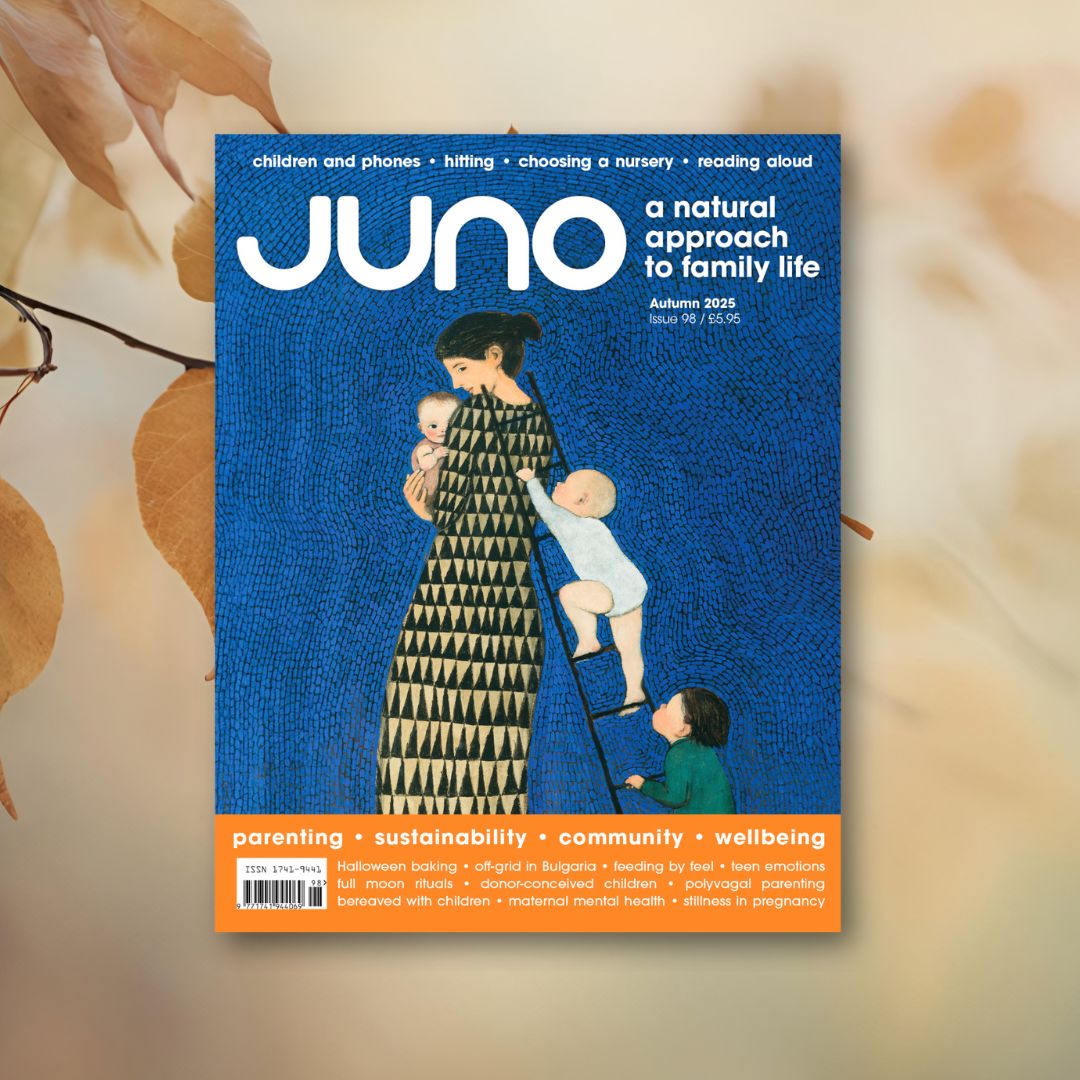I’m watching my daughter “running fast”, from the kitchen, through the dining room, into the living room – and then back again. My heart is in my mouth because this is not a big house and the path that she is wending is narrow. Yet she continues to hurtle past me, backwards and forwards, bumping off door frames, narrowly missing the corner of the table, her feet slipping on the tiles of the kitchen floor.
“I’m running fast,” she reminds me as she whizzes past – which is normally code for “I’m overtired and I need the potty, but I don’t want to sit on the potty, so I’ll run backwards and forwards instead.”
Another flyby and a close encounter with the cabinet sets my nerves rattling and a houseplant wobbling in its ceramic pot. But she keeps going. This will end in tears, I’m sure of it, and my fearful imagination has already played out a thousand different scenarios, all involving slips, bumps or falls, followed by a good 30 minutes of consolation by a pair of similarly overtired parents.
Do I try to stop her? Should I bring the fun to a standstill because I know how this will end? Will stopping her now for her own safety also require 30 minutes of consolation?
I find myself relating to Cassandra, the daughter of the king of Troy, who was blessed with the ability to see the future, but cursed with the inability to do anything about it. And I don’t just feel this way about the inevitable head–table collision that lies in her immediate future, but also about bringing her into the world in the first place.
I’ve already lived much of a life, and have observed others living lives too. I’m aware of what we – as a collective species and as individuals – are like. You would think, having seen everything we’ve seen, done everything we’ve done, and now being faced with the damage that our kind has wrought upon this world, each other, and ourselves, that we would have a pretty good idea of what’s coming next.
Yet, just as Cassandra was prohibited from sharing her prophecies, we seem unable to stop ourselves from bringing new versions of us into the world. Do we really think things are going to be any better this time around?
Yet, there is hope.
Despite the corruption and the heartache that the news serves up to us every day. Despite the pain we’ve all been through to get this far. Despite the slog we have endured, and the resentment and the bitterness that we feel. Despite the weary muscles and the aching bones, there’s hope.
I know this because I feel it in myself, as I try to be better in the way I show up each day, for my daughter. I know this because, as a friend of mine once said, in any calamity you should look for the helpers and the heroes, and sure enough, they are always there. I know this because for every headline selling me the end of the world, there are a thousand bright sparks creating a brighter future through science, innovation, art, and poetry.
I know this because each year while the news gets darker, life gets better.
There are diseases that would have been the end of many of us a generation ago that don’t even exist anymore. We have the entirety of human knowledge in our pockets 24/7. We can connect minds with the greatest thinkers the world has ever seen, at the drop of a hat. Modern cars work as intended pretty much all of the time. We can even eat parsnips all year round.
I know this because, without the darkness, there couldn’t be light.
For every illness, there is a researcher looking for a cure. For every warmonger sowing division, there is a peacemaker building bridges. For every challenge, there is a challenger. For every nightmare, there is a daydream. For every child, there is a chance of someone who will do better for all of us, next time around.
Yes, there will be tears of sadness; many, many tears of sadness. But there will also be tears of joy. And there will be laughter, and love, and amazement, and decades more sunrises than anyone could have enjoyed just a few decades ago.
Life is not lived in the sunny days alone, but also in the clouds and rain and snow. And where the two meet is where hope is born. It is this that I cling to every day, because in hope, every dream is possible.
In the end, there were no collisions. She kept “running fast” for another five minutes before conceding the fight and sitting on her potty. And when I look at her, I see hope.
____
Chris Brock is an author and creative – and now a dad – specialising in the application of mindfulness in personal development. He is the author of Do the Thing, Have the Power: Overcome Self-doubt and Build a Life You Love. chrisbrock.uk
____
First published in Issue 73 of JUNO. Accurate at the time this issue went to print.







